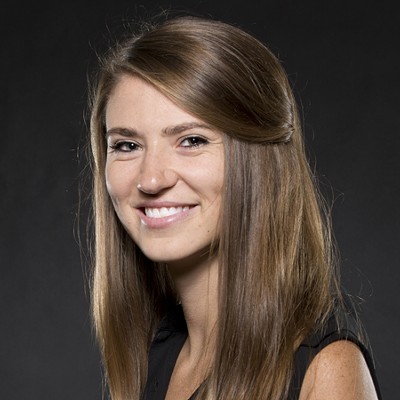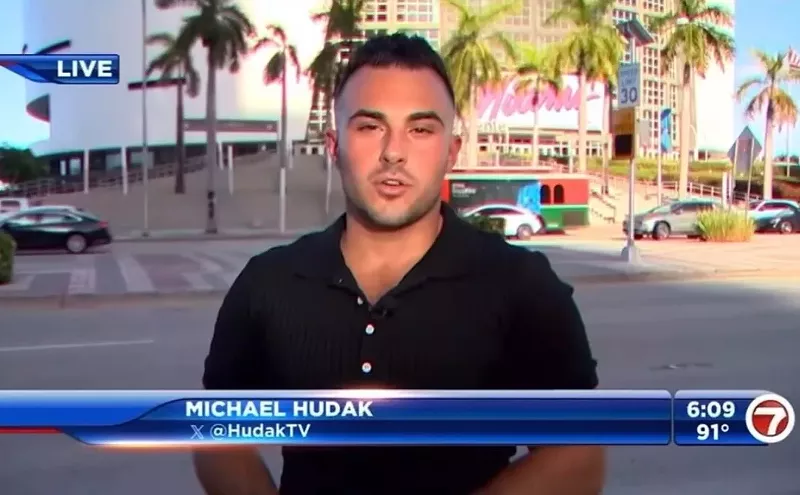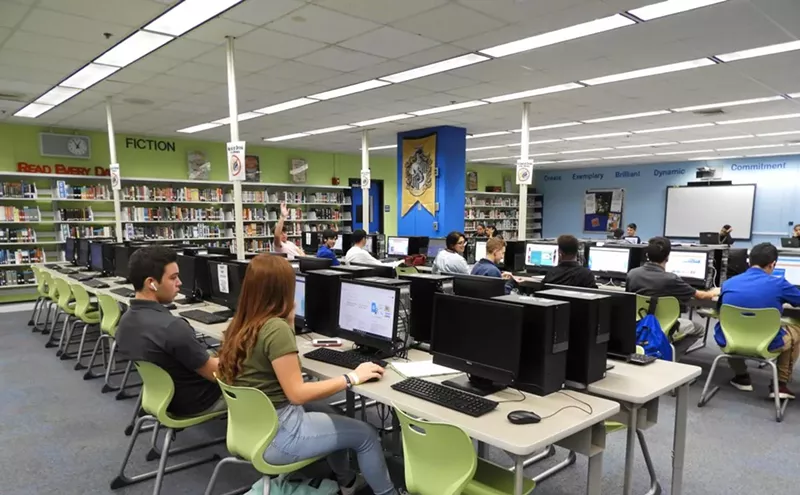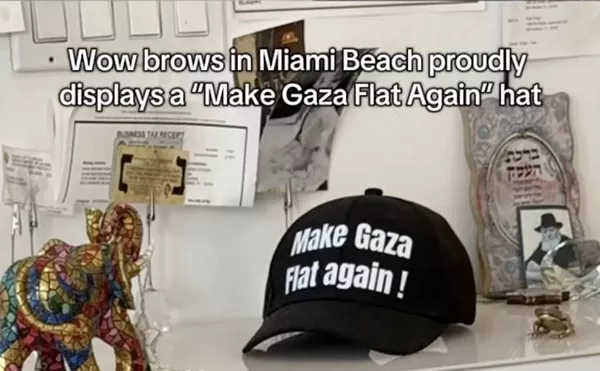Update: One of the debate sponsors responded to the lawsuit, saying the eligibility criteria requires candidates have at least 12.5 percent support to show they have a viable chance at winning.
Steven Machat is confident he would win Florida’s U.S. Senate race — if only he were allowed to get on the debate stage.
The music industry veteran running as an independent last month sued the Federal Communications Commission and the hosts of two upcoming televised debates, arguing that “as a proper candidate,” he “has every right to be heard and debate the issues” alongside Republican Sen. Marco Rubio and Democratic Rep. Patrick Murphy. Without that opportunity, he argues, he isn't getting the fair shake he's entitled to.
A federal judge dismissed the case last week, saying he lacked jurisdiction. But Machat is undeterred. The Miami resident now plans to file the case in state court, where he's seeking an injunction stopping the debates from proceeding.
His fight is all about giving voters a fair shake in a year when anger has never been hotter against the two dominant parties.
Limiting the debates to just the Republican and Democratic candidates wrongly gives voters the impression they have only two choices, Machat says. It's one way the system is rigged against third-party candidates despite the growing number of voters who identify as independent.
"It's a one-party, two-headed system that works for the same puppet-masters," says Machat, who has represented artists such as Genesis, Peter Gabriel, Phil Collins, and Bobby Brown during his long career in the music industry.
In fact, Floridians will have to choose between seven Senate candidates on the ballot in November: Rubio, Murphy, Libertarian Paul Stanton, and no-party-affiliation candidates Machat, Basil Dalack, Tony Khoury, and Bruce Nathan. Each qualified by paying a $7,000 filing fee.
Machat says all seven should be allowed to participate in the debates.
"If Florida creates a nonparty-affiliate-specific category, then these people should be heard," he says. "And to put me on the debate, how hard is that? You had 120 people in the Republican debate."
Two Senate debates are being hosted by nonprofit Leadership Florida and media organizations: one October 17 at the University of Central Florida, put on by WFTV Channel 9, Politico Florida and two Cox Media Group radio stations, and another October 26 at Broward College, sponsored by the Florida Press Association.
But Machat says the debates are being televised on "public airwaves" that belong to the people rather than the Democratic and Republican Parties, which he says "own and control the media."
He isn't included in major polls and has raised just under $26,000, donating $8,000 of it himself. Yet he says he thinks people are fed up with the two-party system, and his campaign could pick up speed swiftly: "I believe I can do it. It's like breaking a song, breaking a hit song."
If he isn't allowed to participate in the debates, he has a Plan B: He'll make a video of himself answering the same questions and upload it to YouTube.
"People need to know there's a choice," he says.
Dean Ridings, president and CEO of the Florida Press Association, one of the debate sponsors, said the debate criteria requires a candidate to have at least 12.5 percent support in a poll conducted by a credible and independent source. For the upcoming debate, the association turned to the Mason-Dixon poll, which found 47 percent of likely voters support Rubio, 40 percent support Murphy, 5 percent support Stanton, 2 percent support a nonparty-affiliate candidate and 6 percent are undecided.
Ridings said the debate hosts actually lowered the percentage required in recent years, recognizing that third-party candidates seem to be drawing more interest.
"We felt like it was important to lower it because we do understand that conditions are changing and we wanted to be inclusive," he said. "But we still do want to have a viable debate of those candidates who have the most likely opportunity."

Audio By Carbonatix
[
{
"name": "GPT - Billboard - Slot Inline - Content - Labeled - No Desktop",
"component": "22004575",
"insertPoint": "2",
"requiredCountToDisplay": "2"
},{
"name": "STN Player - Float - Mobile Only ",
"component": "22595215",
"insertPoint": "2",
"requiredCountToDisplay": "2"
},{
"name": "Editor Picks",
"component": "17482312",
"insertPoint": "4",
"requiredCountToDisplay": "1"
},{
"name": "Inline Links",
"component": "18711090",
"insertPoint": "8th",
"startingPoint": 8,
"requiredCountToDisplay": "7",
"maxInsertions": 25
},{
"name": "GPT - 2x Rectangles Desktop, Tower on Mobile - Labeled",
"component": "23181625",
"insertPoint": "8th",
"startingPoint": 8,
"requiredCountToDisplay": "7",
"maxInsertions": 25
},{
"name": "Inline Links",
"component": "18711090",
"insertPoint": "8th",
"startingPoint": 12,
"requiredCountToDisplay": "11",
"maxInsertions": 25
},{
"name": "GPT - Leaderboard to Tower - Slot Auto-select - Labeled",
"component": "17720761",
"insertPoint": "8th",
"startingPoint": 12,
"requiredCountToDisplay": "11",
"maxInsertions": 25
}
]











